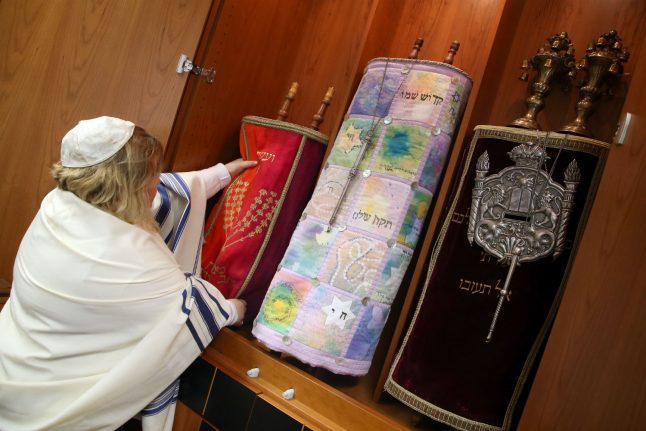Builders working on the new headquarters of state investment bank ILB uncovered the 250-kilo American bomb, city authorities said in a statement. This historic city of Potsdam lies just outside the capital, Berlin.
As the builders had already moved the weapon, it had to be disarmed immediately by bomb disposal experts (KBD).
KBD workers were also searching the area around the bomb for further unexploded munitions.
An 800-metre radius evacuation zone covering the south of the city centre was declared, covering the Brandenburg state parliament, the train station and three old people's homes.

State parliament spokeswoman Katrin Rautenberg told the Berliner Zeitung that today's debates were interrupted and would be pushed back into the January session.
Government workers from the finance, education, economy and justice departments were all forced to leave their posts, as all of their buildings are within 500 metres of the station.
Around 500 helpers from city management and the fire service were deployed at midday to ensure people respected the exclusion zone and guide them to the four centres set up to host those affected during the defusal.
#Potsdam HbF Disarming a bomb from WWII pic.twitter.com/YrV6bmaB27
— RJ (@RamonJ0322) December 18, 2014
Trains, including Berlin S-Bahn lines, were not stopping at the central station from 1 pm and service was stopped completely from 2:30 pm.
Trams were also stopped, while buses diverted.
SEE ALSO: Town at standstill for bomb defusal





 Please whitelist us to continue reading.
Please whitelist us to continue reading.
Member comments